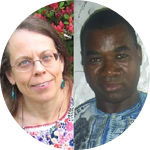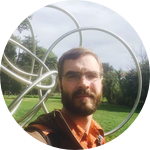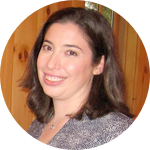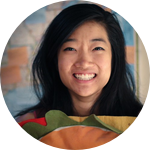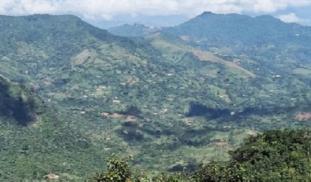Please wait...
About This Project
We're now aiming for a higher $9000 Stretch Goal in Round Two of our fundraising, for our groundbreaking research on the world's earliest-branching Y-chromosome lineage, A00. Its origins lie in the earliest days of humanity's emergence, the exact time very much in debate, but almost surely over 200,000 years ago. We first discovered it in early 2012, when the results of the Perrys' Y-DNA tests were unlike anything seen before. We learned that they have matches among some of the diverse peoples of Southwest Cameroon. The new samples to be collected by Matthew in his homeland will allow us to learn much more about A00.
More Lab Notes From This Project

Browse Other Projects on Experiment
Related Projects
What Did 17th-Century Sailors Really Eat?
Were sailors actually ship-shape--or were they truly a sickly bunch? Find out with us! We are replicating...
How can a specialized diet affect the shape of the primate neck?
The neck is involved in most everyday behaviors. Still, we do not understand how specific behaviors shape...
A game changer for primate welfare & conservation attitudes: Free-choice digital enrichment & Human-Animal Interaction
When great apes exert control over their environment their welfare improves, and when zoo visitors have...
